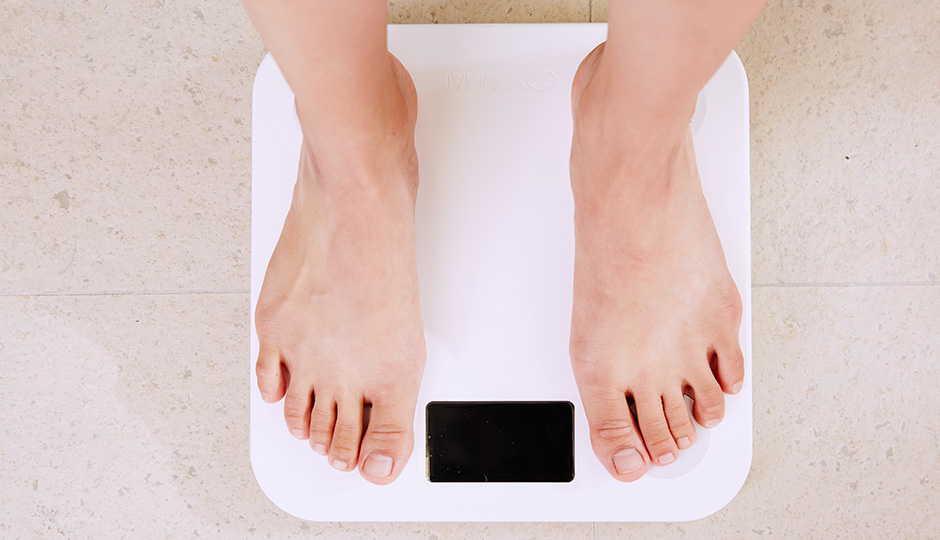Losing some hair every day is typical. On average, a person will typically lose 100 to 150 strands of hair daily as part of the hair's natural growth cycle. However, if you've noticed more of your hair falling out than usual, you're probably wondering what's causing it.
Weight loss is one factor that can trigger hair loss, but the good news is that hair loss associated with weight loss is usually temporary. Hair growth will usually return to normal in a few months once your body has adjusted to the weight loss.
It's also important to know that if you're experiencing hair loss and unintentionally losing weight, it may be due to an underlying medical condition, such as an overactive or underactive thyroid.
How Weight Loss Can Trigger Hair Loss
Experiencing hair loss can be alarming, whatever the cause. Hair loss has many causes and a range of factors that may contribute to or trigger a hair loss condition.
When you lose weight rapidly, your body may not receive enough essential nutrients, leading to nutritional deficiencies. Nutritional deficiencies can seriously affect hair health and growth.
When the body lacks a nutrient, it diverts resources from non-essential bodily functions, such as hair growth, to maintain critical functions. Changes in hair texture and growth are often the first signs of a nutritional deficiency.
Androgenic alopecia, or male and female pattern baldness, is the most common type of hair loss. While androgenic alopecia is a hereditary disorder, weight loss and nutrient deficiencies have been shown to trigger the condition.
Sudden and rapid weight loss places considerable stress on the body and can lead to telogen effluvium, a temporary form of hair loss that is usually reversible. Telogen effluvium sometimes occurs after a person experiences a stressful physical event, such as rapid weight loss. Hair usually grows back in about six months without treatment.
What You Can Do to Prevent and Treat Hair Loss Caused by Weight Loss
Hair loss is definitely a concern when you're losing weight. However, there are effective strategies for preventing hair loss while still losing weight.
- Opt for a sustainable weight loss program rather than extreme crash diets. Losing weight too quickly can cause acute telogen effluvium and result in widespread hair loss. Gradual weight loss allows your body to adjust more smoothly.
- Maintain a balanced diet that includes all vital vitamins and nutrients. Prioritize protein, iron, zinc, and other essential vitamins and minerals to ensure adequate nutrients and consider supplements if you're at risk of deficiencies.
- Monitor your calorie intake carefully. Even though you may be trying to lose weight, your hair needs adequate calories to grow properly.
When To Get Help From a Professional
Maintaining a healthy body weight is vital for overall health. Diet and exercise help prevent a variety of diseases and health issues.
However, it's vital to be careful about how you are losing weight because some methods may do more harm than good. One side effect of rapid weight loss is hair loss, so taking precautions as you embark on your weight loss journey is essential.
The best way to ensure the health of your hair is to consult with the experts at LH Hair. Our team of hair care professionals can help you identify any factors affecting hair growth and create a personalized plan to ensure its health. To learn more about the connection between weight loss and how to prevent hair loss while losing weight, contact us today and schedule your FREE initial consultation.



